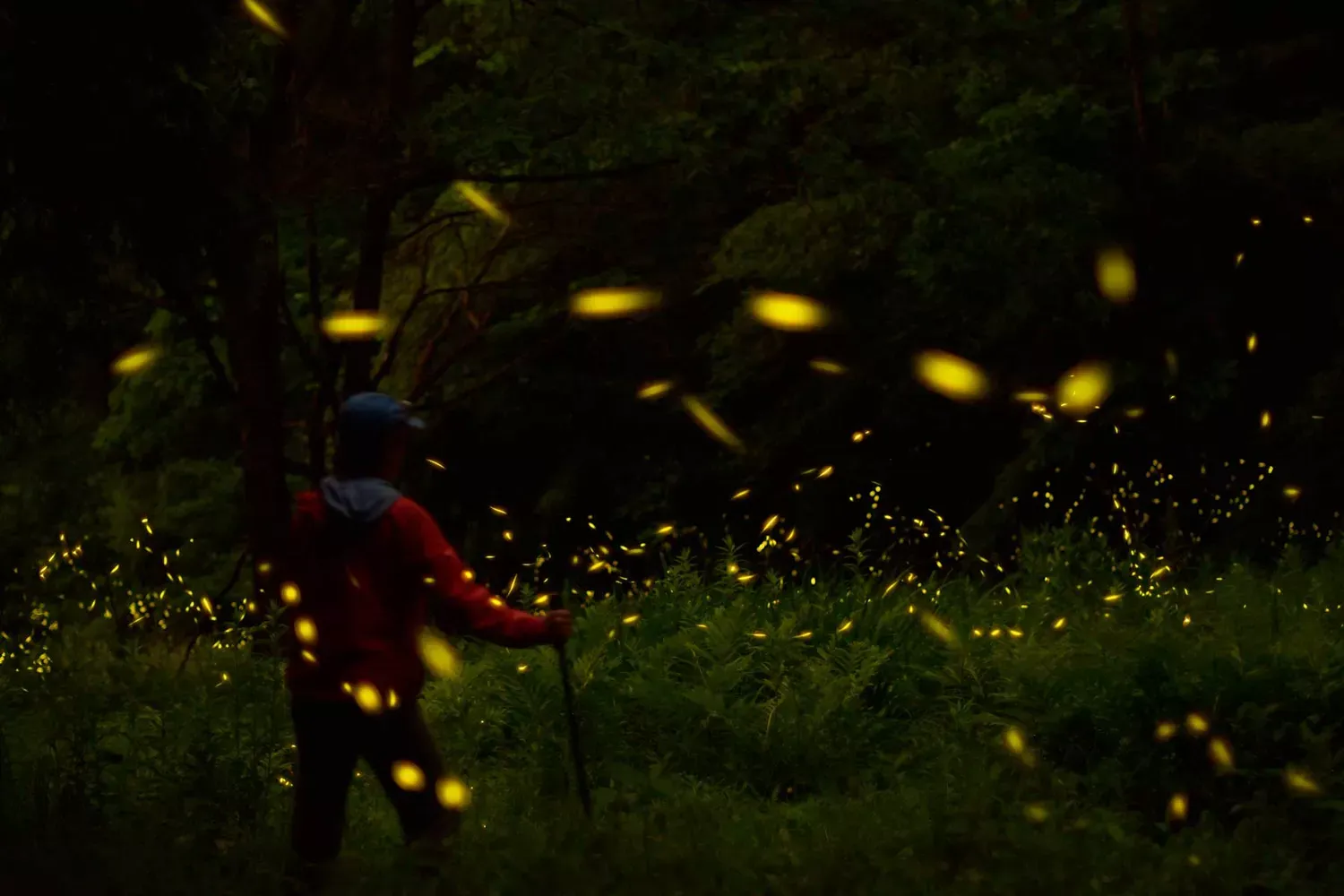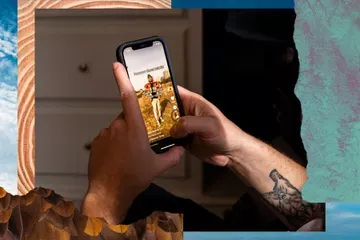(Insert Video Here)


This video details the brutal training and living conditions endured by elephants used for tourism. It exposes the use of painful tools like bullhooks and the psychological distress caused by constant confinement and forced interactions with humans. The creator argues that supporting elephant rides fuels a cruel industry, urging viewers to choose ethical animal tourism options that prioritize conservation and rescue.
(Insert Video Here)
The truth about elephant tourism is far from the romanticized image we often see. Before an elephant can even begin to offer rides, it undergoes a process called "phajaan," often translated as "crushing the spirit." This is a barbaric ritual aimed at breaking the elephant's will and making it submissive to human commands.
Young elephants are often forcibly taken from their mothers, subjected to physical abuse, and deprived of food and sleep. They are confined in small spaces, tied with ropes, and beaten with bullhooks – sharp metal instruments used to inflict pain and control their behavior. This trauma leaves deep scars, both physical and psychological, that the elephants carry for the rest of their lives.
Even after the brutal training, the life of a riding elephant is far from easy. These gentle giants are not built to carry heavy loads on their backs for extended periods. The constant weight of tourists, combined with the unnatural postures they are forced to maintain, leads to chronic back pain, spinal injuries, and foot problems. The saddles and harnesses used for riding can also cause painful sores and abrasions.
Furthermore, elephants in the tourism industry are often kept in poor living conditions. They are often chained or confined to small enclosures, denied opportunities to socialize with other elephants, and fed inadequate diets. This lack of physical and mental stimulation can lead to boredom, stress, and depression.
Beyond the animal welfare concerns, elephant riding also has negative consequences for elephant conservation. The demand for elephants in the tourism industry fuels the illegal capture of wild elephants, further threatening already vulnerable populations. By supporting responsible tourism, we can help protect these magnificent creatures in their natural habitat.
The money spent on elephant rides rarely benefits local communities or conservation efforts. Often, it goes directly to the owners of the elephant tourism camps, perpetuating the cycle of exploitation and cruelty. Instead, we can support ethical sanctuaries and rehabilitation centers that prioritize the welfare of the elephants and contribute to their long-term conservation.
Fortunately, there are many ethical and responsible ways to experience the beauty and wonder of elephants without contributing to their suffering. Consider these alternatives:
As tourists, we have the power to make a difference by choosing ethical and responsible travel options. By saying no to elephant riding and supporting sanctuaries, we can help end the cycle of cruelty and exploitation. Let's be conscious consumers and make informed choices that prioritize the welfare of animals and the preservation of their natural habitats. Let’s opt for truly ethical elephant experiences.
Here's a quick comparison to help you differentiate between ethical and unethical elephant tourism activities:
Unethical Elephant Experiences Ethical Elephant Experiences Riding elephants (regardless of the venue's claims) Observing elephants from a distance in their natural habitat or at a reputable sanctuary. Forced performances or shows where elephants perform tricks. Learning about elephant behavior, conservation efforts, and the challenges they face. Bathing or washing elephants, as it can disrupt their natural social behavior. Supporting conservation organizations dedicated to protecting elephants and their habitats. Chaining or confining elephants in small spaces. Visiting sanctuaries where elephants are allowed to roam freely and socialize with other elephants. Using bullhooks or other instruments to control elephants. Interacting with elephants in a respectful and non-intrusive way. Elephant painting, which often involves forceful handling and unnatural activity Participating in activities that benefit elephants, such as food preparation or habitat maintenance (under the guidance of experts). This often includes helping to chop fruit and vegetables for the elephants' meals.
Ultimately, the decision of whether or not to ride an elephant is a personal one. However, I hope this article has shed light on the ethical and environmental implications of this seemingly harmless activity. Let's choose compassion over convenience and support ethical elephant tourism that prioritizes the welfare of these magnificent creatures.

Tips + Planning
Thousands of Fireflies Put on a Magical Light Show in Pennsylvania Each June — Here's How to See It

Tips + Planning
Chinese Animal Cafe Faces Backlash After Dyeing Dogs to Look Like Giant Pandas (Video)

Tips + Planning
United Flash Sale Has Tickets to Rome for Less Than $600 — but You'll Have to Book ASAP

Tips + Planning
Flights to Japan and the Caribbean in 2025 Are Currently a Bargain, According to Kayak

Tips + Planning
This Destination Was Just Named the No. 1 Place for Solitude — and It Has Stunning Mountain Ranges and Desert Landscapes

Tips + Planning
JetBlue Is Cutting Routes from NYC, Miami, and More — What to Know

Tips + Planning
Harry Potter Fans Can Tour the Scottish Countryside on a Real-life Hogwarts Express

Tips + Planning
This Female-produced Texas Parade Is One of the Largest and Oldest in the U.S. — See the Incredible Photos

Tips + Planning
105 Vacation Captions for Your Next Travel-inspired Instagram Post

Tips + Planning
Andrea Bocelli's New Concert Film Hits Theaters Today — and It's a Glimpse Inside His Favorite Vacation Destination

Tips + Planning
How Indigenous Creators Are Using TikTok to Share Their Cultures

Tips + Planning
15 Best Travel Podcasts to Listen to Right Now

Tips + Planning
The Ultimate Cruise Packing List

Tips + Planning
Bathroom Etiquette Around the World so You Can Know Before You Go

Tips + Planning
Uber's Chief Product Officer On the App's New Sustainable Ride Option — Plus, a Feature He Thinks Is Underused

Tips + Planning
A Magical Guide to Mickey's Not-So-Scary Halloween Party — What to See, Eat, and Do